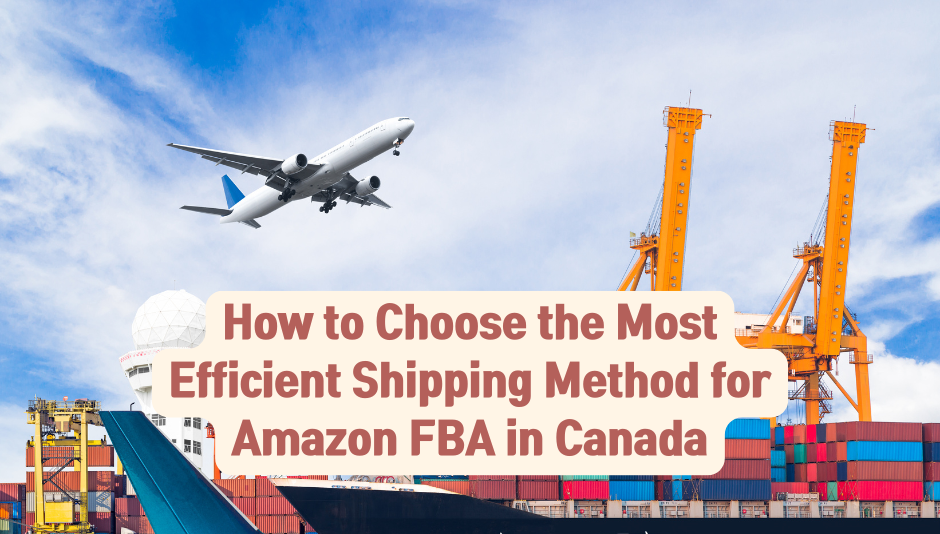CBSA Trade Compliance Verification Priorities (updated July 2025)
- Trufulfillment

- Aug 12, 2025
- 2 min read
Updated: Oct 10, 2025
The Canada Border Services Agency (CBSA) has announced its Trade Compliance Verification Priorities for July 2025.
In this post, we will outline the key points from the CBSA announcement, explain why this list is important for importers, and provide practical tips to help you prepare for customs audits.
What Is the CBSA Trade Compliance Verification Priorities List?
Twice a year — in January and July — the CBSA publishes a targeted verification plan for specific categories of commercial imports.Products included in this list are subject to enhanced scrutiny to ensure compliance with Canadian customs regulations.
The list of goods and areas of verification is determined based on risk assessments, and it may be updated at any time throughout the year as needed.
Key Focus Areas of CBSA Verification (July 2025)
The CBSA continues to prioritize three major aspects of trade compliance:
Tariff Classification
Ensuring goods are classified under the correct HS / tariff codes.
A number of product categories have been singled out as high-risk.
Origin / Preferential Tariff Claims
Verifying whether importers’ use of free-trade agreements (e.g. CETA, Canada-UK) is properly supported by origin documentation.
Duties & Taxes / GST & Excise Compliance
Use of GST exemption codes
Proper declaration of excise duties, especially for vaping products
Compliance under surtax or retaliatory tariff orders (e.g. U.S. surtaxes, China surtaxes
💡 Starting in 2025, the CBSA will use the CARM (CBSA Assessment and Revenue Management) system as its primary platform for verifying duties, taxes, and compliance activities.Be sure to check the CARM portal regularly for related updates and notifications.
July 2025 – New CBSA Trade Compliance Verification Priorities

Practical Tips for Maintaining Compliance
Correct errors promptly – If an error is discovered, establish “reasonable grounds” and submit a voluntary correction request within 90 days.
Maintain complete records – The CBSA may conduct audits up to seven years after importation. Ensure that all records are properly kept and organized by customs transaction number.
Why CBSA Verification Priorities Matter
Do not treat the CBSA’s verification priorities as a simple announcement — they serve as a roadmap for managing import risks.At Trufulfillment, we support Amazon sellers and importers through pre-audit document reviews, internal compliance checks, and assistance during CBSA verifications, ensuring smooth and compliant import operations.
Conclusion
Understanding and preparing for the CBSA Trade Compliance Verification Priorities is an essential part of running a successful business in Canada.We hope this information helps your company stay compliant and continue to grow confidently in the Canadian market.



Comments